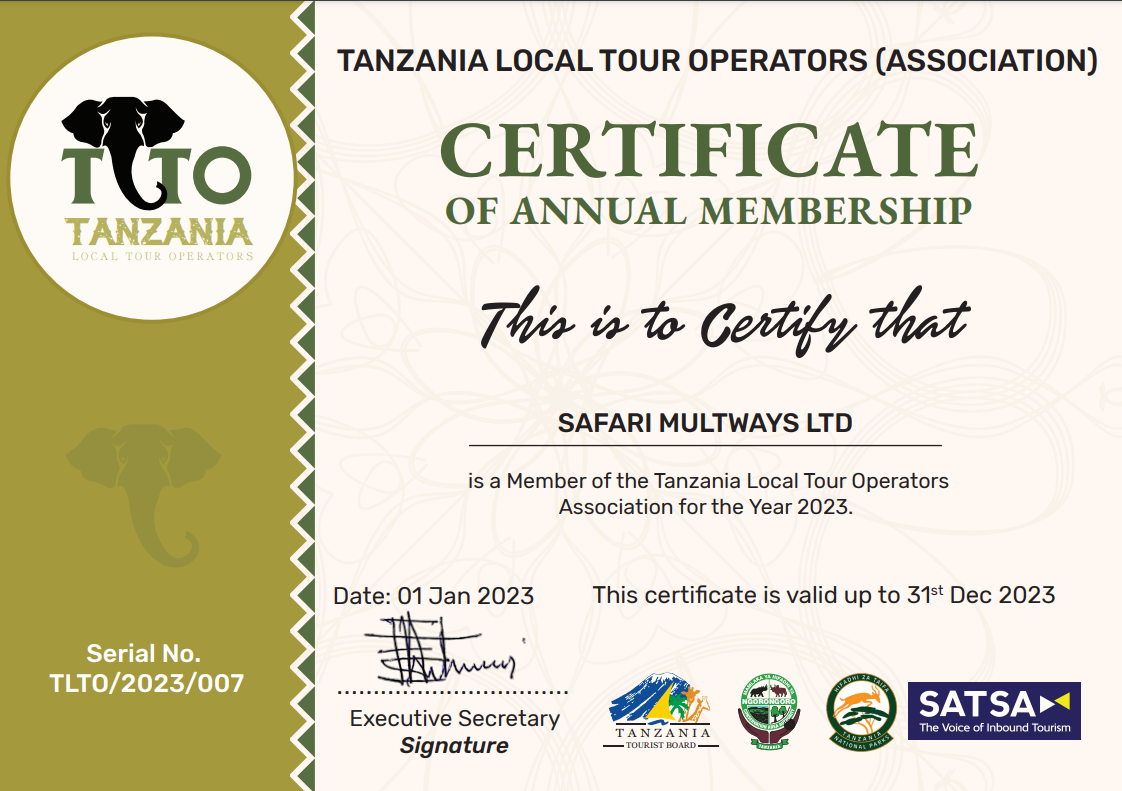Scaling Kilimanjaro: The Price of Conquering Africa’s Highest Peak
Embarking on the Ultimate Challenge: Climbing Mount Kilimanjaro
Located in Tanzania, Mount Kilimanjaro stands as the highest peak in Africa, offering adventurers a once-in-a-lifetime opportunity to conquer its towering summit. Scaling this majestic mountain is a feat that promises breathtaking views and a sense of accomplishment like no other. However, embarking on this ultimate challenge requires careful planning, physical preparation, and a significant financial investment.
Climbing Mount Kilimanjaro is not for the faint of heart. At 19,341 feet above sea level, the mountain presents a formidable challenge to even the most experienced climbers. The journey to the summit takes climbers through a variety of ecosystems, from lush rainforests to barren alpine deserts, before reaching the snow-capped peak. The unpredictability of the weather and the high altitude add an extra layer of difficulty to the climb, making it essential for climbers to be in top physical condition and mentally prepared for the challenges ahead.
For many, the allure of standing on the roof of Africa is enough to justify the physical and mental demands of climbing Mount Kilimanjaro. The sense of accomplishment that comes with reaching the summit is unparalleled, and the stunning views of the surrounding landscape make all the effort worthwhile. However, before setting out on this epic adventure, climbers must also consider the financial cost of conquering Africa’s highest peak.
Counting the Cost: Budgeting for the Journey of a Lifetime
Climbing Mount Kilimanjaro is not just a physical and mental challenge; it is also a significant financial investment. The cost of climbing the mountain can vary depending on a variety of factors, including the route chosen, the duration of the climb, and the level of support provided by the climbing company. On average, climbers can expect to pay anywhere from $1,500 to $5,000 for a standard seven-day trek up the mountain. This cost typically includes park fees, guide and porter services, accommodation, meals, and equipment rental.
In addition to the basic cost of the climb, climbers must also budget for other expenses such as flights to Tanzania, travel insurance, visa fees, tips for guides and porters, and any additional gear or equipment needed for the climb. These additional costs can add up quickly, so it is important for climbers to carefully budget and plan ahead to ensure that they have the financial resources necessary to complete the journey.
Despite the financial investment required to climb Mount Kilimanjaro, the experience of conquering Africa’s highest peak is truly priceless. The sense of accomplishment, the stunning views, and the camaraderie shared with fellow climbers make the journey a once-in-a-lifetime adventure that will be remembered for years to come. So, for those willing to take on the challenge, the price of scaling Kilimanjaro is well worth the ultimate reward at the summit.



